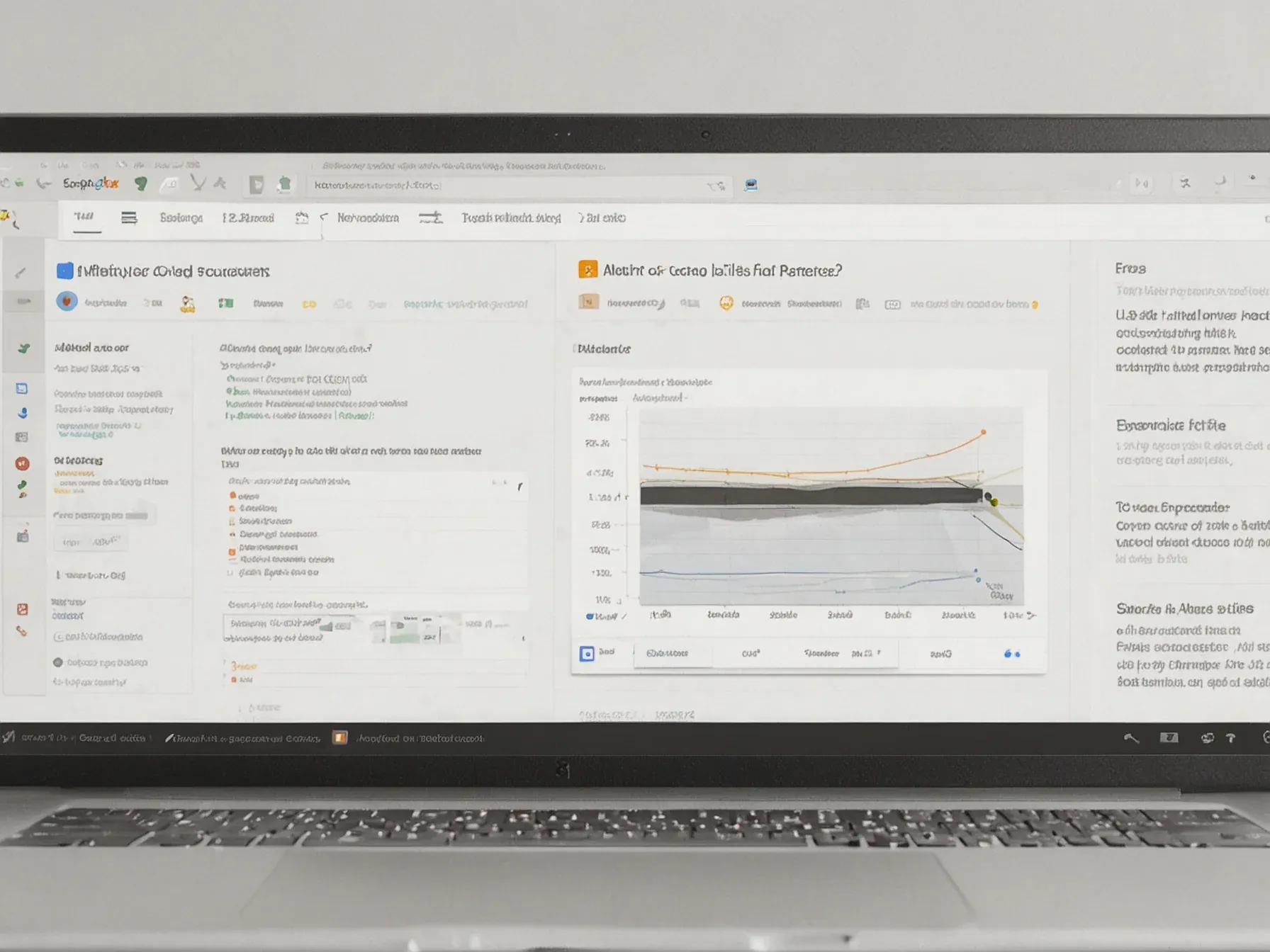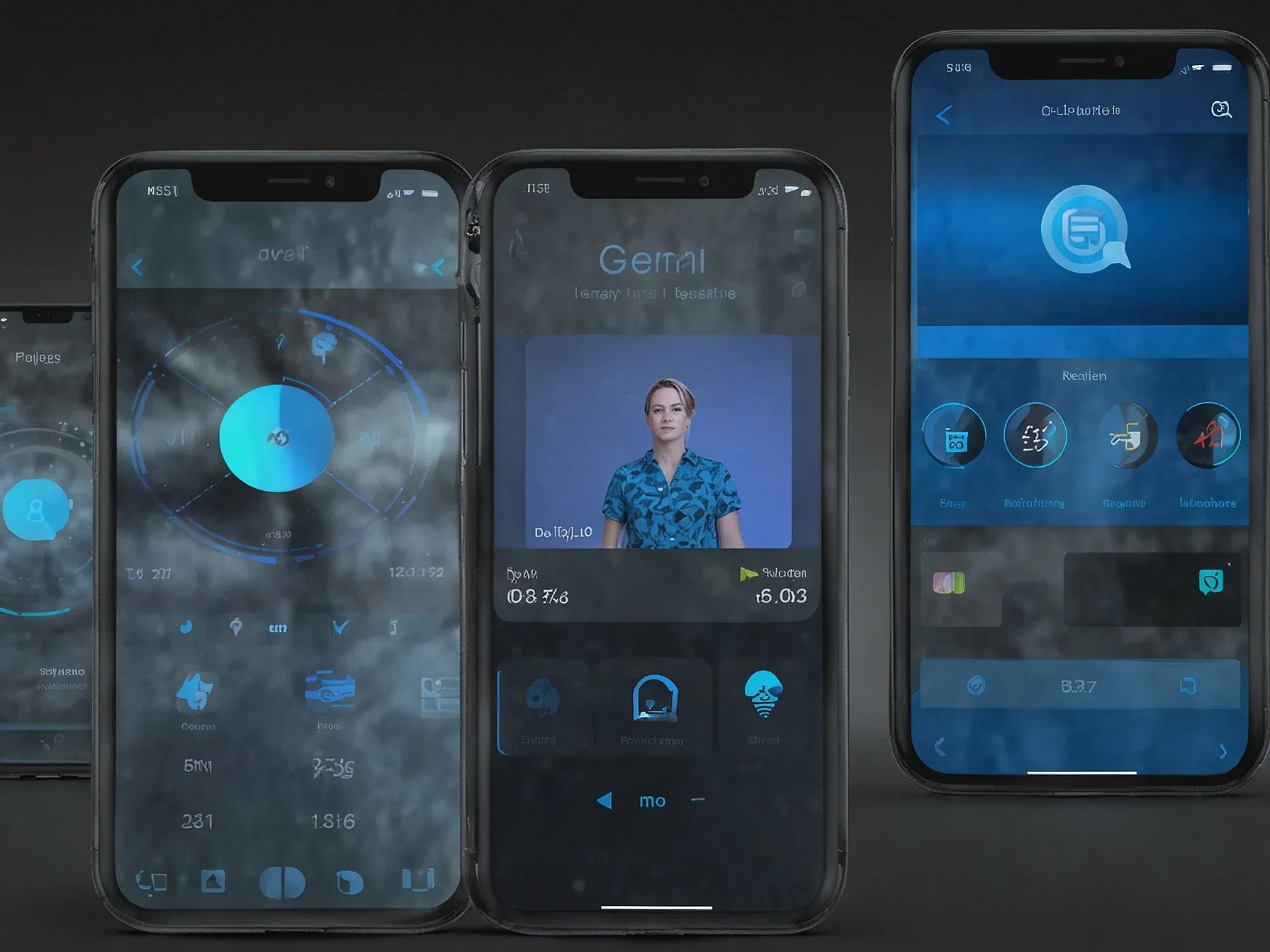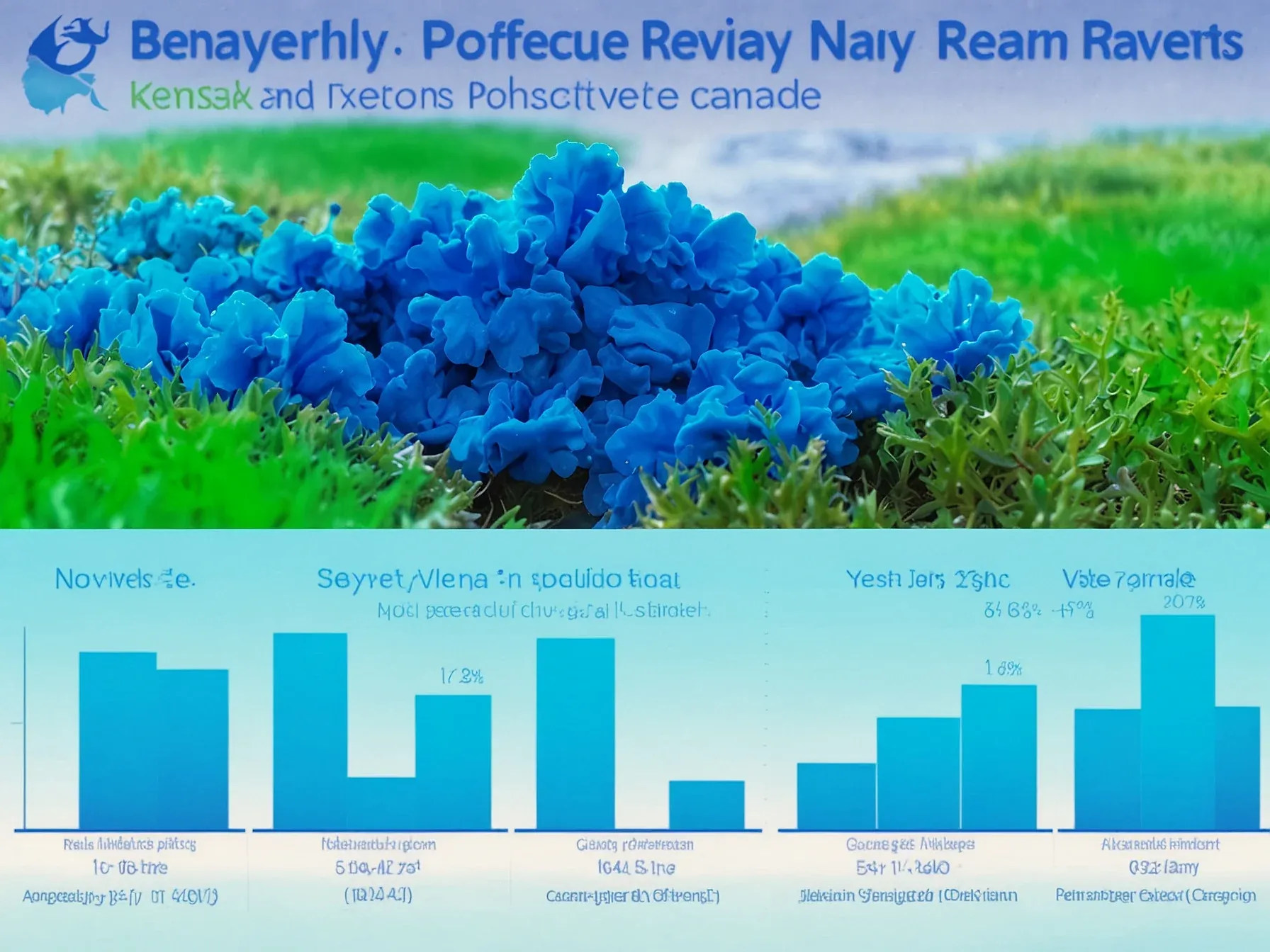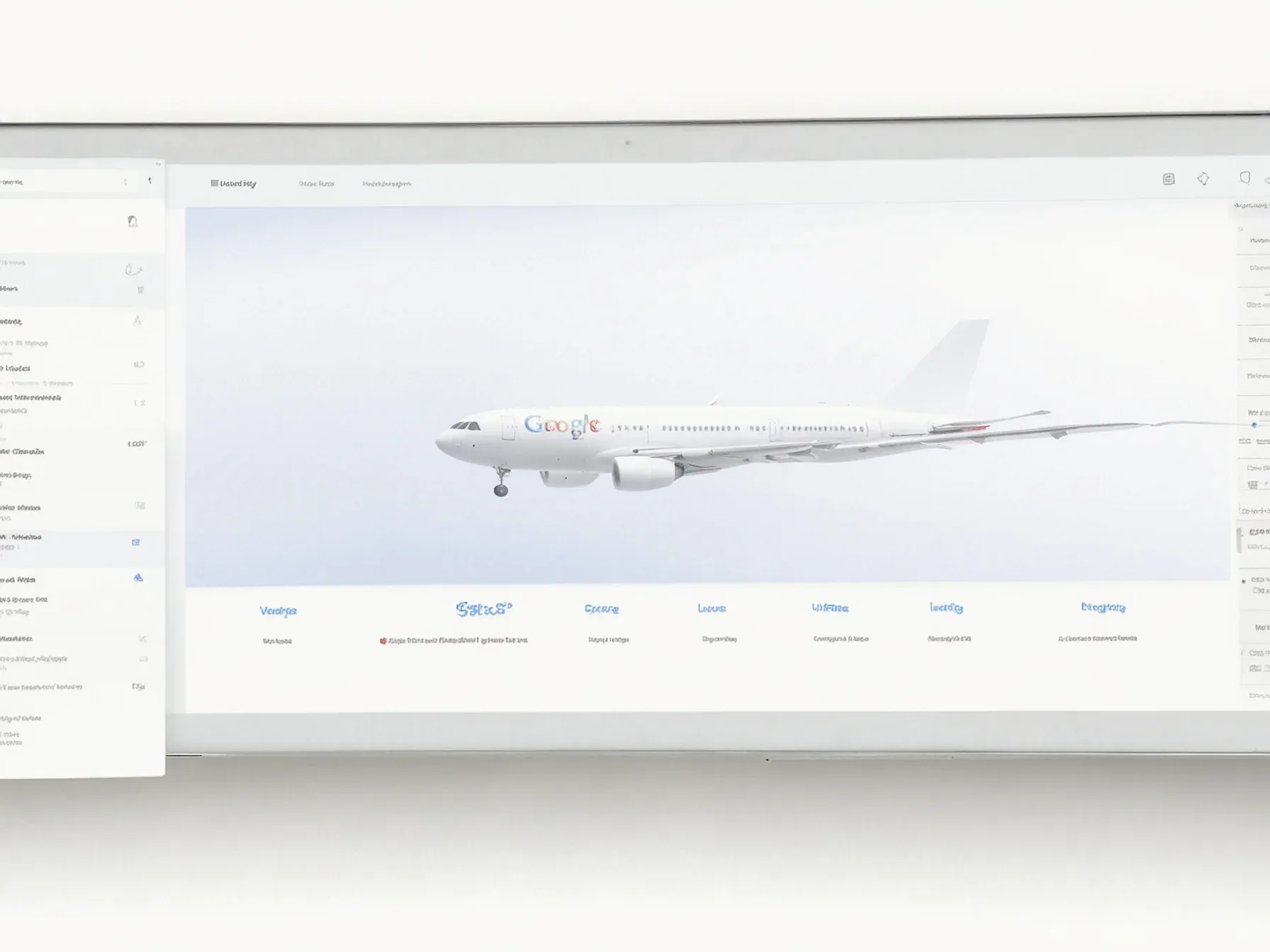
Editorial illustration for Google's New AI Model Promises More Accurate Weather Predictions
Google AI Revolutionizes Weather Forecasting Accuracy
Google deploys new AI model to improve weather forecasts for users
Weather forecasting just got a serious upgrade. Google is pushing the boundaries of meteorological prediction with its latest artificial intelligence model, targeting more precise and reliable forecasts for everyday users.
The tech giant has developed a sophisticated AI system designed to enhance weather prediction accuracy, moving beyond traditional computational methods. By using advanced machine learning techniques, Google aims to transform how people understand and anticipate atmospheric conditions.
Researchers have been quietly refining this technology, testing its capabilities in controlled environments. Now, the company is preparing to make a significant leap from experimental research to practical application.
The stakes are high in weather forecasting, where even small improvements can have massive implications for agriculture, transportation, and public safety. Google's approach suggests a potential breakthrough in predictive meteorological science.
Experts within the company are signaling a newfound confidence in the model's performance. As one Google representative put it, they're ready to shift from laboratory testing to real-world deployment.
"We're taking it out of the lab and really putting it into the hands of users" "We're taking it out of the lab and really putting it into the hands of users in more ways than we have before and sort of shedding off the experimental kind of designation because we have confidence that our forecasts are really quite effective and quite useful," Peter Battaglia, senior director of research and sustainability at Google DeepMind, said in a briefing with reporters. The new AI model, WeatherNext 2, can generate forecasts eight times faster than Google's previous model, and is also more accurate in predicting 99.9 percent of variables like temperature or wind.
Google's leap into AI-powered weather forecasting signals a potentially significant shift in how we understand atmospheric predictions. The company's new WeatherNext 2 model represents more than just technological tinkering - it's a confident step toward practical application.
Peter Battaglia's comments suggest Google has moved beyond experimental stages, believing their AI can deliver genuinely useful forecasts. The key breakthrough appears to be translating complex research into tools that everyday users can access and benefit from.
Weather prediction has long been a challenging computational problem. By deploying this AI model directly to users, Google is neededly conducting a real-world test of machine learning's predictive capabilities.
Still, questions remain about the model's precise accuracy and performance across different geographic regions. Battaglia's language hints at cautious optimism rather than absolute certainty.
The most intriguing aspect is Google's willingness to move from laboratory research to practical deployment. This suggests growing confidence in AI's ability to parse complex meteorological data in ways traditional models cannot.
Ultimately, users will be the true judges of WeatherNext 2's effectiveness.
Common Questions Answered
How does Google's new AI model, WeatherNext 2, improve weather prediction accuracy?
Google's WeatherNext 2 utilizes advanced machine learning techniques to enhance meteorological forecasting beyond traditional computational methods. By leveraging artificial intelligence, the model aims to provide more precise and reliable weather predictions directly to users.
What makes WeatherNext 2 different from previous weather forecasting approaches?
Unlike traditional forecasting methods, WeatherNext 2 employs sophisticated AI algorithms to process atmospheric data more comprehensively and accurately. The model represents a significant technological leap, moving weather prediction from experimental research to a practical, user-focused tool.
According to Peter Battaglia, what is Google's goal with the new AI weather prediction model?
Peter Battaglia, senior director of research at Google DeepMind, emphasizes that the goal is to take the AI weather model out of the laboratory and make it directly accessible to users. The team has developed confidence in the model's effectiveness and usefulness, aiming to transform how people understand and anticipate atmospheric conditions.








